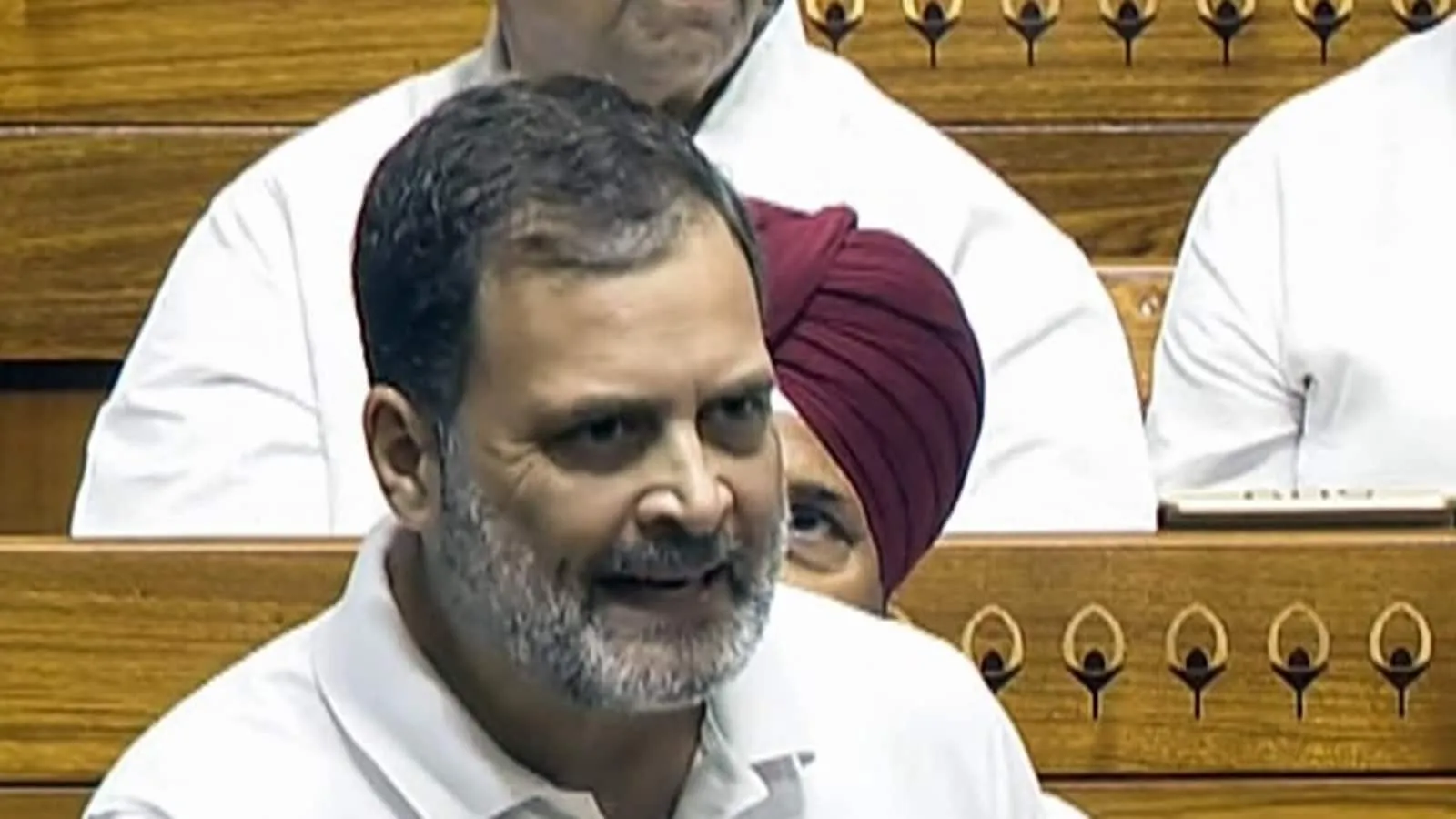NSA Shivshankar Menon’s Defends K M Panikkar’s China Policy
Former National Security Advisor Shivshankar Menon recently spoke at the India International Centre during the launch of historian Narayani Basu’s biography of diplomat K M Panikkar titled “A Man for All Seasons”. Menon defended Panikkar’s reputation, suggesting that history’s judgment was unfair due to the lack of foresight at that time.
Panikkar’s Role in China Policy
Menon argued that Panikkar, like Nehru, was unfairly held responsible for decisions made during their time. He pointed out that Panikkar, appointed as ambassador to China in 1948, faced a complex situation with China’s Communist takeover in 1949. Accusations of misleading Nehru regarding China’s actions in Tibet tarnished Panikkar’s reputation.
Challenges Faced by Panikkar
Menon shed light on the chaotic and uncertain period when Panikkar served as ambassador, noting the lack of official channels for communication with the new Communist regime. Panikkar, lacking diplomatic experience, had to rely on Chinese officials for information during critical events like China’s invasion of Tibet in 1950.
Menon emphasized that Panikkar’s warnings about Chinese nationalism were overlooked by the Indian government, despite his insightful analyses of the evolving situation.
Panikkar’s Legacy
Described as a multifaceted personality, Panikkar was recognized by Menon for his pioneering views on India’s global engagement. Menon credited Panikkar for laying the foundation for India’s ‘Look East’ and ‘Act East’ policy by emphasizing the importance of the maritime dimension in foreign relations.
“A Man for All Seasons” by Westland captures Panikkar’s significant contributions, presenting a compelling portrait of this enigmatic figure.
This article was generated from an automated news agency feed without modifications to text.





